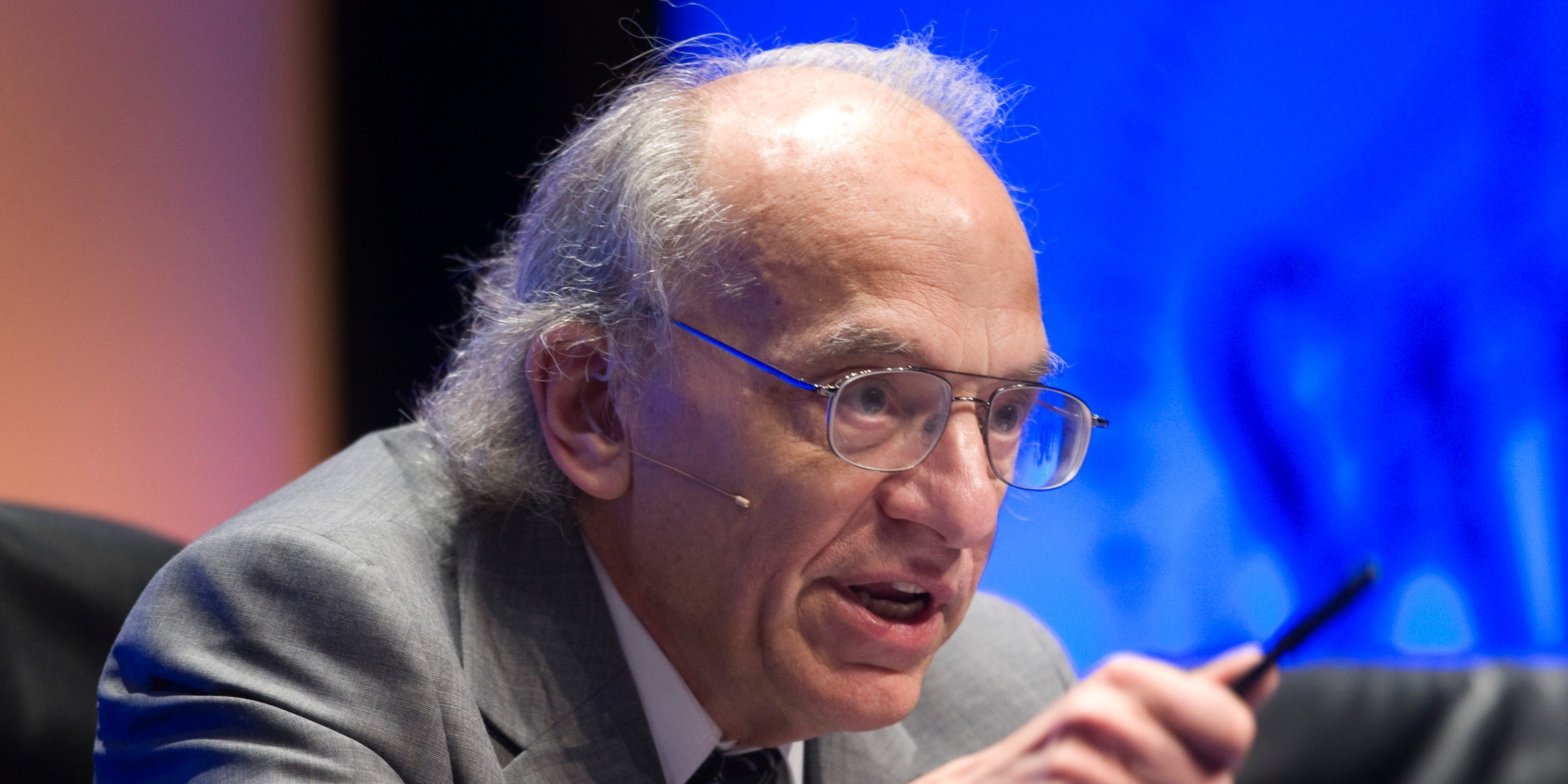Jeremy Siegel is wary of stocks, expecting a recession, and predicting the Fed won’t hike again. The retired Wharton professor doubts the stock market will keep surging or hit a new low. Siegel sees a mild recession and the Fed ending its war on inflation to minimize job losses. Loading Something is loading.
Thanks for signing up!
Access your favorite topics in a personalized feed while you’re on the go.
The stock-market rally will run out of steam, the US economy will sink into a mild recession, and the Federal Reserve won’t hike interest rates any higher, Jeremy Siegel has predicted.
The S&P 500 has surged by more than 20% from its most recent low, marking the start of a bull market. However, Siegel warned that during both the dot-com and housing crashes, stocks rebounded by over 20% then promptly erased all of those gains.
“This recent bull market move is no guarantee we are out of the woods from the downturn,” the retired Wharton finance professor said in his weekly commentary for WisdomTree, published on Monday.
“I remain cautious and I do not think we have the start of a major up move here,” Siegel continued, adding that stocks are also unlikely to slump below their October lows.
The veteran economist and author of “Stocks for the Long Run” also weighed in on the future direction of Federal Reserve policy. The US central bank has hiked interest rates from virtually zero to upwards of 5% since last spring in a bid to cool historic inflation, stoking fears of falling asset prices and recession.
While the Fed is widely expected to lift rates next month, Siegel suggested it might refrain fom tightening its monetary policy anymore.
“We’re entering political season and there is already a ton of pressure not to create a deep recession,” he said, referring to the run up to next year’s US presidential election. “I expect a shallow recession that the market has arguably already positioned for.”
Siegel underlined the importance of unemployment data in figuring out the Fed’s next move. Signs of a weakening labor market could lead the central bank to end its inflation fight to avoid potentially costing millions of people their jobs, he said.
The markets guru also suggested the Fed might raise its inflation target from 2% to 3% once the current threat fades. Allowing higher inflation would give it more room to cut rates during economic downturns, or if an ageing US population and declining productivity start to sap growth, Siegel said.
